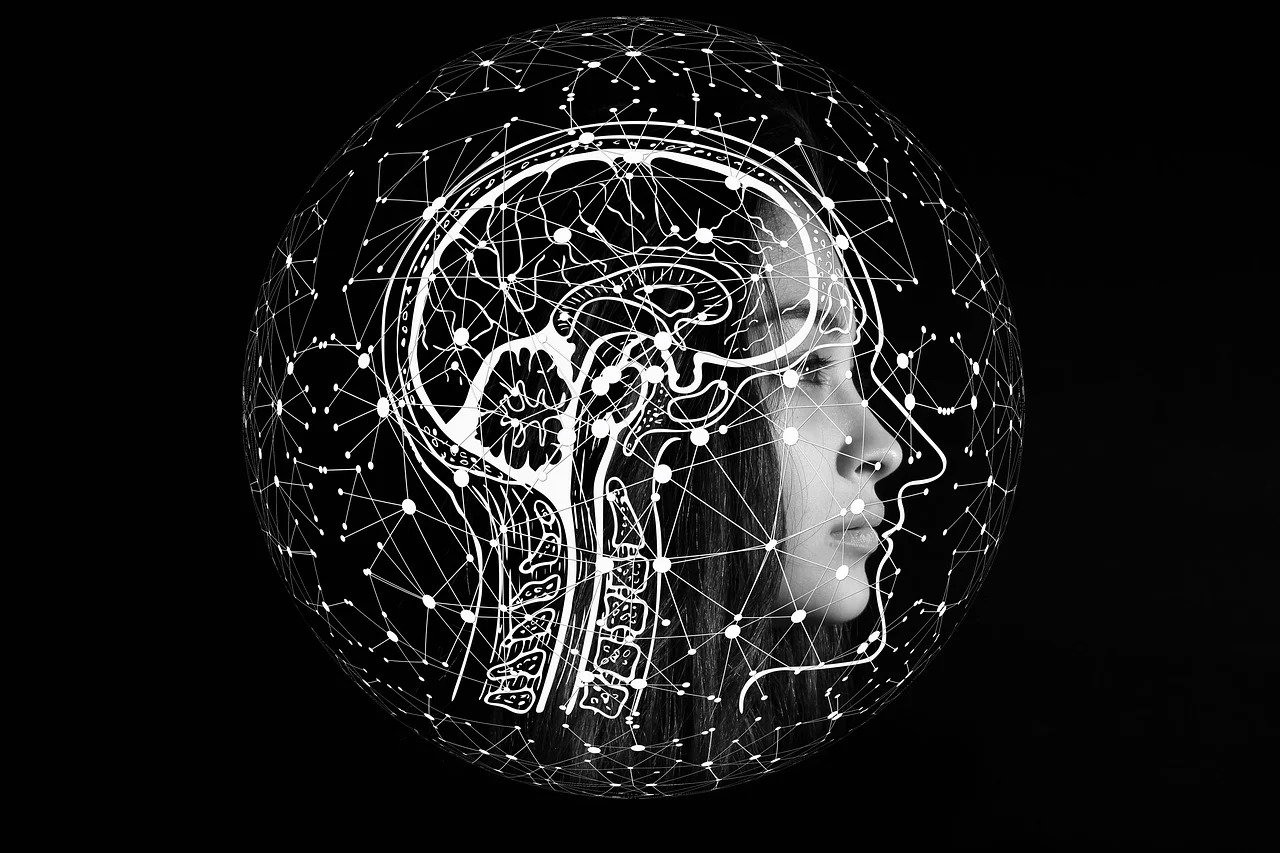In recent years, Artificial Intelligence (AI) has emerged as a transformative force, revolutionizing various aspects of our lives. From virtual assistants and personalized recommendations to autonomous vehicles and smart homes, AI is becoming an increasingly integral part of our everyday routines. In this blog, we will explore the rise of AI in everyday life, discussing its impact, benefits, and potential challenges.
Enhancing Efficiency and Productivity:
One of the key contributions of AI in everyday life is its ability to enhance efficiency and productivity. Intelligent algorithms and machine learning models analyze vast amounts of data, automating tasks and decision-making processes. Virtual assistants like Siri and Alexa have become our personal aides, handling tasks such as setting reminders, answering queries, and even controlling smart home devices. AI-powered productivity tools optimize workflows, automate repetitive tasks, and free up time for more meaningful activities.
Personalized Experiences:
AI has transformed the way we interact with technology, providing personalized experiences tailored to our preferences. Online platforms and streaming services utilize AI algorithms to recommend content based on our browsing history, past purchases, and user behavior. From personalized news feeds to customized product suggestions, AI algorithms anticipate our needs and deliver relevant information and products, enhancing our overall user experience.
Healthcare and Medicine:
The impact of AI in healthcare and medicine is profound. AI-powered diagnostic systems can analyze medical images, detect abnormalities, and assist doctors in making accurate diagnoses. Machine learning algorithms can predict disease outcomes, enabling early intervention and personalized treatment plans. Additionally, wearable devices equipped with AI technology can monitor vital signs, detect anomalies, and provide real-time health insights, empowering individuals to take proactive measures for their well-being.
Smart Cities and Transportation:
AI plays a crucial role in building smart cities and revolutionizing transportation. Traffic management systems leverage AI algorithms to optimize traffic flow, reduce congestion, and improve overall transportation efficiency. Autonomous vehicles, powered by AI, are making their way onto our roads, promising safer and more efficient travel. AI-powered surveillance systems enhance public safety, enabling real-time monitoring and threat detection.
Ethical Considerations:
As AI becomes more pervasive in everyday life, it raises important ethical considerations. Questions of privacy, security, and bias need to be addressed to ensure responsible and fair use of AI technologies. Transparency in algorithms and data usage is crucial to build trust and mitigate potential risks. Striking the right balance between human judgment and automated decision-making is another challenge that requires careful consideration.
Conclusion:
The rise of Artificial Intelligence in everyday life is transforming the way we live, work, and interact with technology. From streamlining tasks and providing personalized experiences to revolutionizing healthcare and transportation, AI has become an indispensable part of our daily routines. However, it is essential to navigate the ethical implications and ensure that AI technologies are developed and deployed responsibly. With continued advancements, AI holds the potential to unlock new possibilities, improve our lives, and shape a future where human and artificial intelligence coexist harmoniously.











